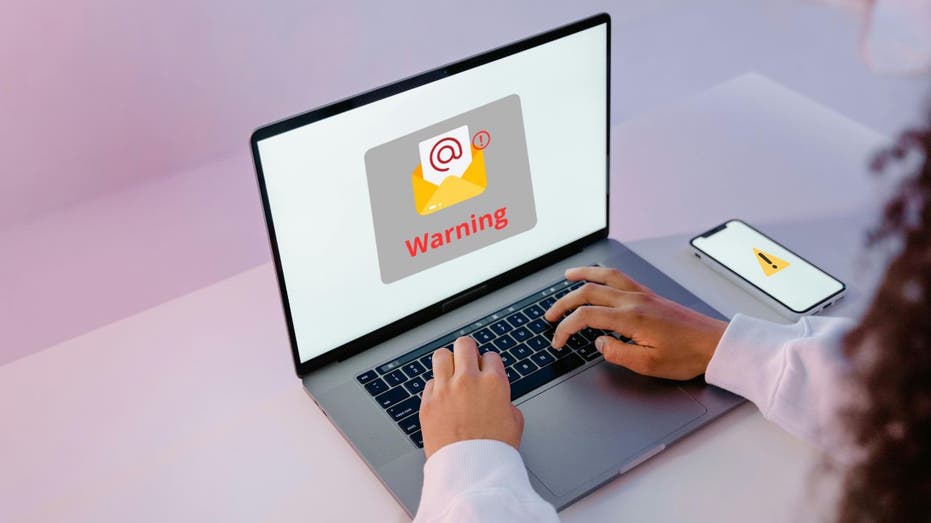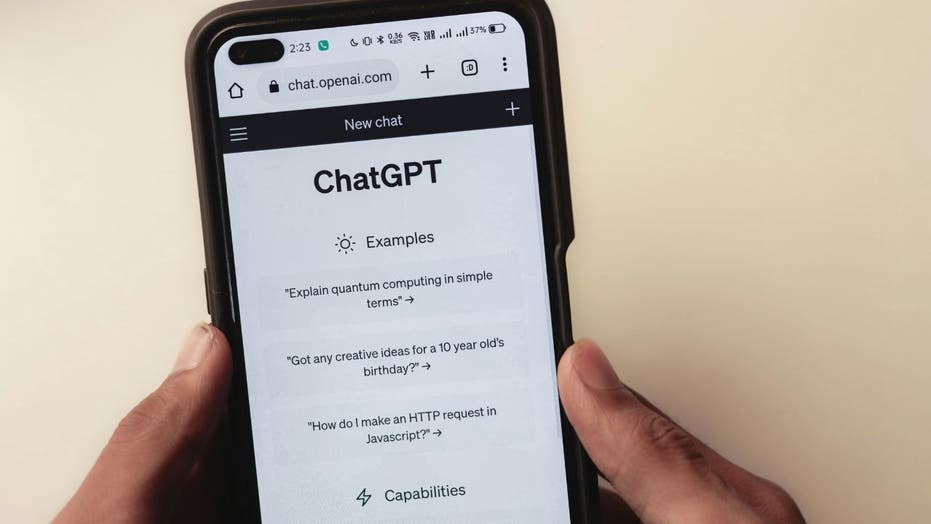- by foxnews
- 01 Jun 2025
Fake PayPal email let hackers access computer and bank account
The CyberGuy has advice to protect information from cybercriminals who are finding new ways to gain login credentials and full control of computers and bank accounts.
- by foxnews
- 15 May 2025
- in technology

Take John from King George, Virginia, for example. He recently shared his alarming experience with us. His story is a powerful warning about how quickly things can escalate if you respond to suspicious emails.
John's quick thinking in shutting down his computer and alerting his bank helped minimize the damage. However, not everyone is as lucky.
This type of scam is known as a remote access scam. It often begins with a fake email that appears to come from a trusted company like PayPal. The message claims there is an issue, such as an unauthorized charge, and urges the victim to call a phone number or click a link.
Once the scammer makes contact, they guide the victim to enter a code into their browser or install a program, claiming it will fix the problem. In reality, this grants the scammer full control of the victim's computer.
John's close call highlights several important lessons.
Fake emails are harder to spot than ever: Scammers create emails that look almost identical to real ones from trusted companies like PayPal. They copy logos, formatting and even fake customer support numbers. Always double-check the sender's email address and verify communications by visiting the official website or app directly instead of clicking links inside emails.
Remote access scams can escalate fast: Once scammers gain control of your device, they can steal sensitive data, move funds between accounts and install hidden malware that stays behind even after the scammer disconnects. It often takes only minutes for serious damage to be done, making fast recognition critical.
Psychological pressure plays a big role: Scammers rely on creating a sense of urgency and fear. By keeping you on the phone and urging secrecy, they isolate you from help and rush you into making bad decisions. Recognizing when you are being pressured is key to breaking the scammer's control.
Fast action can make all the difference: By quickly disconnecting his computer and contacting his bank, John limited the scammer's access to his accounts. Acting within minutes rather than hours can stop further theft, block fraudulent transactions and protect your sensitive information from being fully compromised.
Taking simple but strong security steps can protect you from falling victim.
1. Never call a number listed in a suspicious email: Scammers often set up fake phone numbers that sound professional but are designed to manipulate you into handing over control or information. Always find verified contact information through a company's official website or app, not links/numbers provided in suspicious messages.
2. Be skeptical of unusual instructions: No legitimate company will ask you to install software or enter strange codes to protect your account. If anything seems unusual, trust your instincts and stop the communication immediately.
9. Never share screen access or grant remote control: Scammers exploit screen-sharing tools to steal passwords and manipulate transactions in real time. Legitimate tech support will never demand unsolicited screen access; terminate the call immediately if pressured.
John's story is a reminder that online scams are evolving quickly and becoming more aggressive. Staying skeptical, verifying all suspicious messages and acting quickly if something feels wrong can make the difference between staying safe and losing sensitive information. Protect your devices, trust your instincts and remember it is always better to be cautious than to take a risk with your security.
Follow Kurt on his social channels:
Answers to the most-asked CyberGuy questions:
New from Kurt:
Copyright 2025 CyberGuy.com. All rights reserved.
- by foxnews
- descember 09, 2016
Beach days benefit mental health and well-being as visits provide 'sea therapy'
Discover the benefits of sea therapy as experts highlight how beach visits can boost mental well-being, reduce stress and improve sleep through mindfulness and relaxation.
read more





